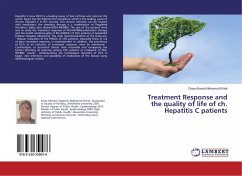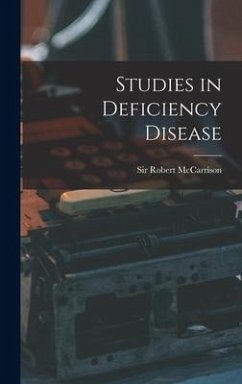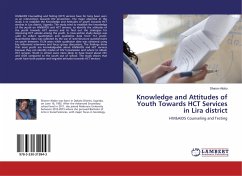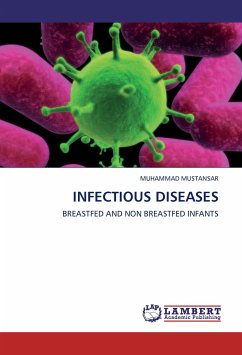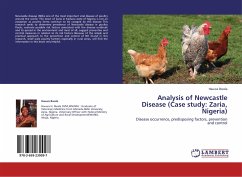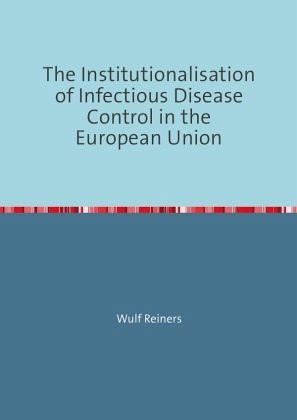
The Institutionalisation of Infectious Disease Control in the European Union
The Effects of the Securitisation of BSE/TSEs and SARS. Dissertationsschrift
Versandkostenfrei!
Versandfertig in 6-10 Tagen
29,90 €
inkl. MwSt.

PAYBACK Punkte
0 °P sammeln!
The book examines the evolution of infectious disease control in the European Union (EU). The overarching objective of the research is to analyse policy and polity developments at the EU level primarily in the fields of public health and food safety in order to identify key developments between 1993 and 2014 and to investigate the conditions under which institutionalisation took place. The study approaches the field from a security perspective which is developed as an original advancement of the 'securitisation framework for analysis' (Buzan et al., 1998). Following the hypothesis that the ins...
The book examines the evolution of infectious disease control in the European Union (EU). The overarching objective of the research is to analyse policy and polity developments at the EU level primarily in the fields of public health and food safety in order to identify key developments between 1993 and 2014 and to investigate the conditions under which institutionalisation took place. The study approaches the field from a security perspective which is developed as an original advancement of the 'securitisation framework for analysis' (Buzan et al., 1998). Following the hypothesis that the institutionalisation of infectious disease control in the EU can be explained as an effect of a specific construction of infectious diseases as security threats, securitisation and institutionalisation processes at the EU level are tied together in a novel analytic and explanatory framework. The framework foresees the combination of qualitative and quantitative research methods in order to allow for a specification of the form of securitisation of an infectious disease along different 'degrees' and 'kinds'. The assumed connection between securitisation and institutionalisation is subject to empirical investigation in two case studies that deal with the securitisation of BSE/TSEs and SARS on the one hand, and a set of most fundamental changes in the EU's infectious disease control structures on the other, including the revision of the public health article in the Amsterdam Treaty (1997) and the Constitutional Treaty (2004) as well as the creation of the European Food Safety Authority (2002) and the European Centre for Disease Prevention and Control (2004). In this way the dissertation offers new insights into a largely unstudied field of European integration in combination with the development and testing of a novel conceptual approach.






